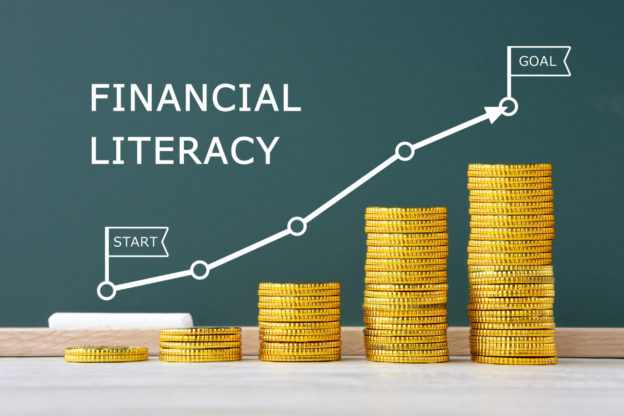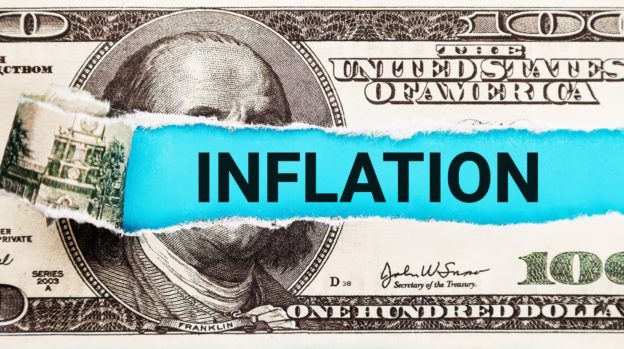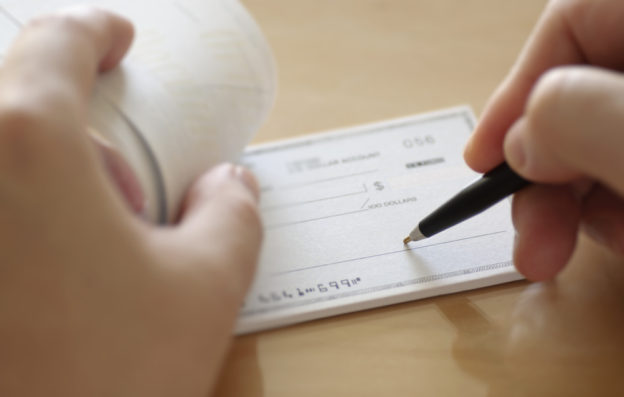In today’s dynamic and ever-evolving economy, many individuals are exploring the world of side hustles to supplement their primary income. Whether you’re aiming to pay off debts, build an emergency fund, or simply enhance your lifestyle, a well-managed side hustle can be a powerful financial tool. In this blog post, we’ll delve into the art of maximizing side hustle earnings and budgeting wisely to make the most of your additional income streams.
Continue reading









